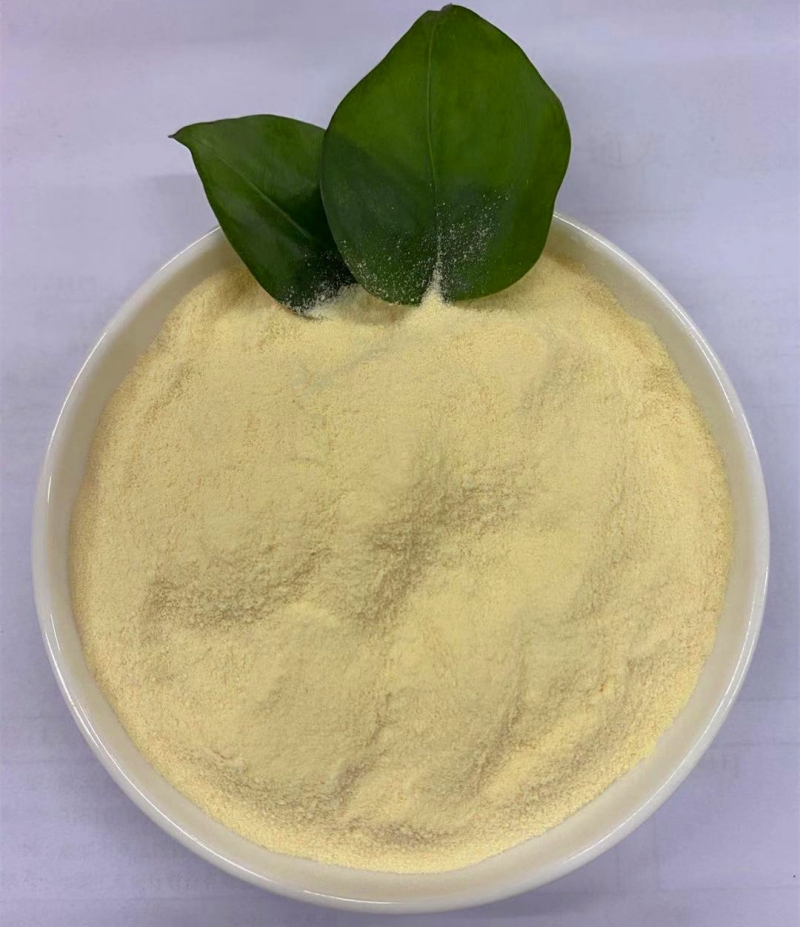Introduction
Soil fertility is the cornerstone of sustainable agriculture. Without fertile soil, even the most robust farming practices will yield disappointing results. A fertile soil is not only rich in essential nutrients but also capable of retaining water and promoting robust microbial life. Over the years, science has discovered a multitude of ways to boost soil fertility, but one of the most promising is the use of amino acids.
The Comprehensive Role of Amino Acids in Soil
Improving Soil Structure
Amino acids can significantly affect the soil’s physical characteristics. These organic molecules aid in soil aggregation, which in turn enhances the soil’s structure. Good soil structure improves water retention, drainage, and enables better root penetration. This leads to healthier plants that are more resistant to disease and pests.
Enhancing Microbial Life
The role of beneficial microbes in soil health cannot be overstated. Amino acids serve as an excellent food source for these soil microbes, leading to enhanced microbial activity. A vibrant microbial ecosystem in the soil aids in the decomposition of organic matter, thereby converting it into nutrients that are readily available for plant absorption.
Stimulating Plant-Microbe Symbiosis
In the soil ecosystem, plants and microbes often work in symbiosis. Certain amino acids can stimulate this symbiotic relationship, making nutrient exchange more efficient. This is vital for the effective uptake of nutrients like nitrogen, phosphorus, and potassium, which are essential for plant growth and development.

Amino Acids and Plant Growth
Importance in Cellular Processes
Amino acids aren’t just crucial for soil; they are also indispensable for plant growth. Plants use amino acids for a multitude of cellular processes, including photosynthesis, respiration, and the synthesis of important biomolecules. These processes are crucial for plant health and yield, affecting everything from stem strength to fruit production.
Organic Source of Nitrogen
Nitrogen is a critical nutrient for plant growth. While synthetic fertilizers are often employed to meet this need, they can lead to soil degradation over time. Amino acids, being rich in nitrogen, offer an organic alternative that can replace or supplement synthetic fertilizers. This provides a more sustainable method for nutrient supplementation.
Chelation of Trace Minerals
In agriculture, the term “chelation” refers to the bonding of organic molecules to metal ions. Amino acids have the ability to form these bonds with trace minerals like zinc, calcium, and iron. These chelated minerals are more easily absorbed by plants, providing a more efficient method of nutrient delivery.
Factors to Consider for Improving Soil Fertility
Organic Matter
One of the most straightforward ways to improve soil fertility is through the addition of organic matter, such as compost or manure. This not only boosts microbial activity but also improves soil structure and water retention.
pH Balance
Maintaining an optimal pH level is essential for nutrient absorption. Soils that are too acidic or alkaline can lock away nutrients, making them unavailable to plants. Lime or sulfur can be used to adjust soil pH, but it’s crucial to test the soil regularly to ensure it remains in the optimal range.
Integrating Amino Acid Fertilizers
For those interested in a cutting-edge, scientifically-supported approach to soil fertility, amino acid fertilizers represent a promising avenue. Available in various forms like amino acid powder, liquid amino acid fertilizer, and even specialized formulations like fish amino acid fertilizer, these products are versatile and effective.
Conclusion
Amino acids have proven themselves to be a powerhouse in improving soil fertility and plant health. Their multifaceted roles, from enhancing soil structure to nourishing plant cells, make them an indispensable tool in modern agriculture. With the advancement in farming technologies and an increase in the availability of specialized amino acid products, it’s easier than ever to incorporate them into your farming practice. By doing so, farmers are not just improving their yields, but they’re also taking a step towards more sustainable and responsible agriculture.












